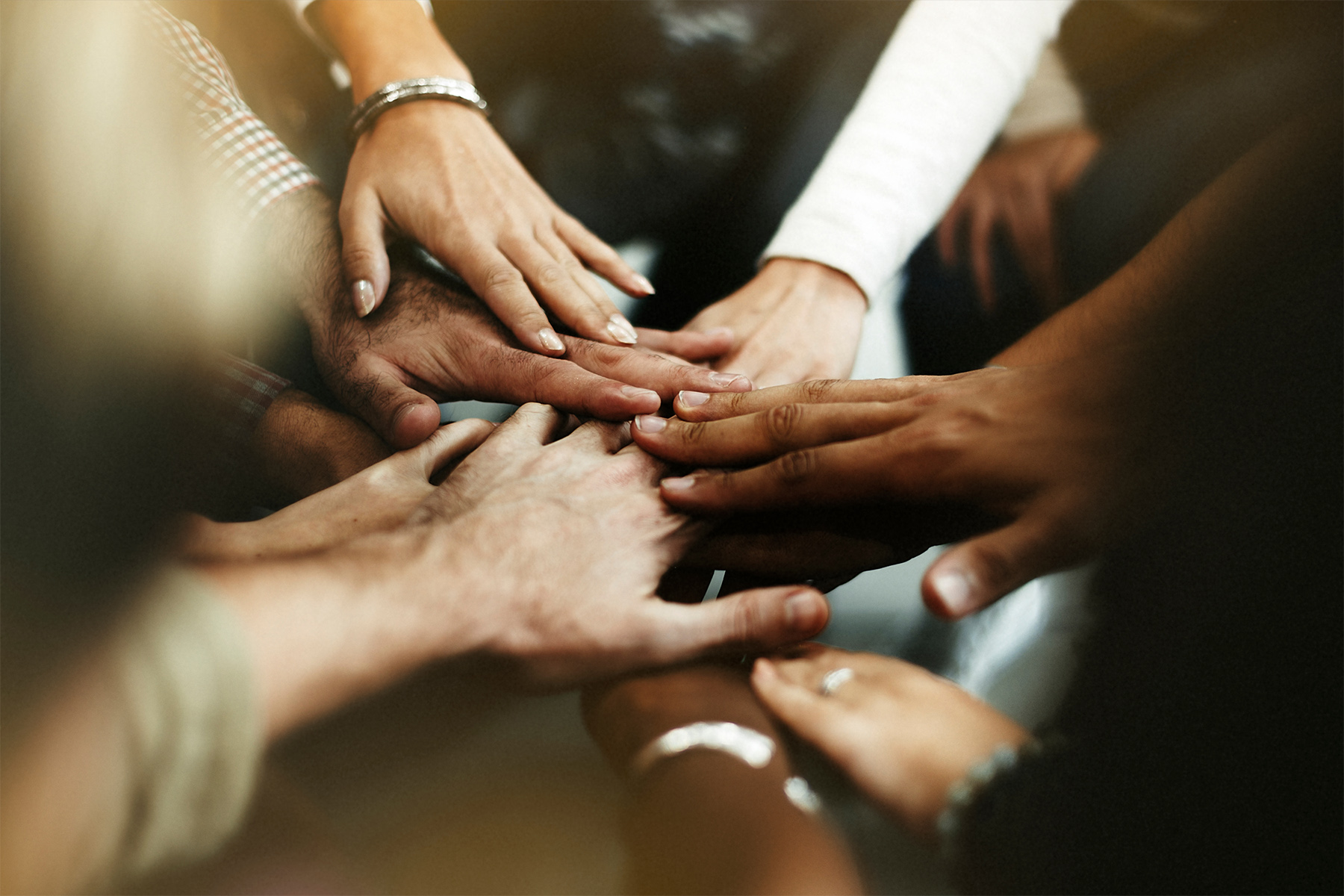Celebrating Self-Care During BIPOC Mental Health Month

In many ways, self-care has become the ultimate buzzword in everyday discussions about the importance of mental health. But here’s the thing: It isn’t just a buzzword. Self-care is foundational to safeguarding our personal well-being and cultivating a daily routine and environment in which we can thrive as individuals despite any challenges. So, when we talk about self-care, what exactly do we mean?
The role of self-care in underserved and oppressed communities
Audre Lorde’s famous words, “Caring for myself is not self-indulgence. It is self-preservation, and that is an act of political warfare,” are perhaps the best representation of the political and community-based roots of the concept of self-care.
If you spend a little too much time on Instagram or Facebook, your assumption might be that self-care can be anything from a guilt-free ice cream sundae to an indulgent day at the spa. But self-care has nothing to do with things you buy or what you spend, it’s about who you are and what you need and honoring those things above all else. This makes the understanding and practice of self-care central to the mental health of everyone, especially Black and Indigenous people and other people of color (BIPOC).
The Smithsonian National Museum of African American History and Culture describes self-care as the following:
“Self-care, at its most basic, refers to a person’s effort to maintain their wellness and health. Initiated and maintained by each individual based on their own needs, self-care requires active engagement and conscious effort to form new, beneficial habits. Caring for ourselves helps to bring balance, focus, and mindfulness to our lives . . . these practices address the physical, emotional, and spiritual aspects of our lives.”
Self-care prioritizes the needs of the individual in the context of community
Regardless of any variations across different definitions of self-care, there are two consistent, common threads. Effective self-care is unique for everyone and deeply connected to the space and community they inhabit. Self-care is about prioritizing you and your needs and identifying the practices and routines that support your personal health and wellness.
This means that there is no one-size-fits-all approach to self-care. There will certainly be commonalities for many people. But it still starts with the individual. When we think about BIPOC communities in America as well as around the world, we’ll not only find differences in the concept of self-care among different races, ethnicities, communities, and countries, but we’ll also find differences among individuals within those groups.
The World Health Organization (WHO) defines self-care as:
“the ability of individuals, families and communities to promote health, prevent disease, maintain health, and to cope with illness and disability with or without the support of a healthcare provider.”
But what’s important is that they go further, explaining that self-care has both an individual component and a community component. Because all of us are connected to and a part of the local and world contexts in which we live. Therefore, promoting individual self-care is also an effective way to inspire collective self-care.
Self-care as a necessary response to trauma
Professional mental health counselors around the world found themselves having to get more explicit about the importance of purposeful self-care with clients as the COVID-19 pandemic unraveled everyone’s reliable daily routines last year. Both individual and collective trauma that already existed prior to 2020 were being compounded by normal life being flipped upside down and new traumas (like the loss of a loved one to COVID-19 or relentless episodes of broadcast racial injustice).
The National Native American Boarding School Healing Coalition has collected a substantial and diverse list of self-care resources for trauma caused by North American Indian boarding schools. As part of that list, they note that strategies for self-care include the spiritual, physical, mental and emotional.
Filipino Americans have been highlighted as particularly vulnerable to COVID-19 related trauma given their deep cultural connection to hospitality and caring for others and how many Filipinos are and have been working as frontline workers during the pandemic.
Self-care as a powerful mental health tool
Licensed professional counselor Dr. Dakota-King White has spoken about the vital role that self-care plays in the Black community and beyond. Self-care is a powerful tool with which individuals can create healing spaces that serve their needs and help them succeed.
July 24 is International Self-Care Day and a critical complement to promoting both individual and collective well-being during BIPOC Mental Health Month. Self-care isn’t just a buzzword or hashtag. It’s an essential tool for fostering everyone’s overall well-being.
